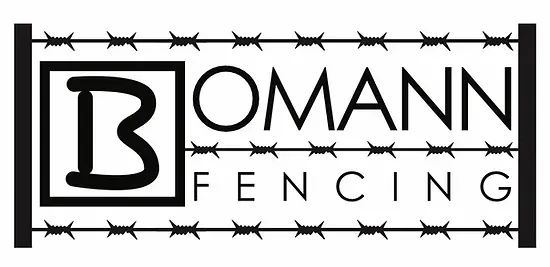
Agricultural Fence Installation
Bomann Fencing
Bomann Fencing is the leading provider of Agricultural fencing installations across the southern United States. We excel in crafting durable, long-lasting perimeters that effectively contain livestock and deter unauthorized access.
Trust the top choice in agricultural fencing—contact Bomann Fencing today for unparalleled service and quality installations.
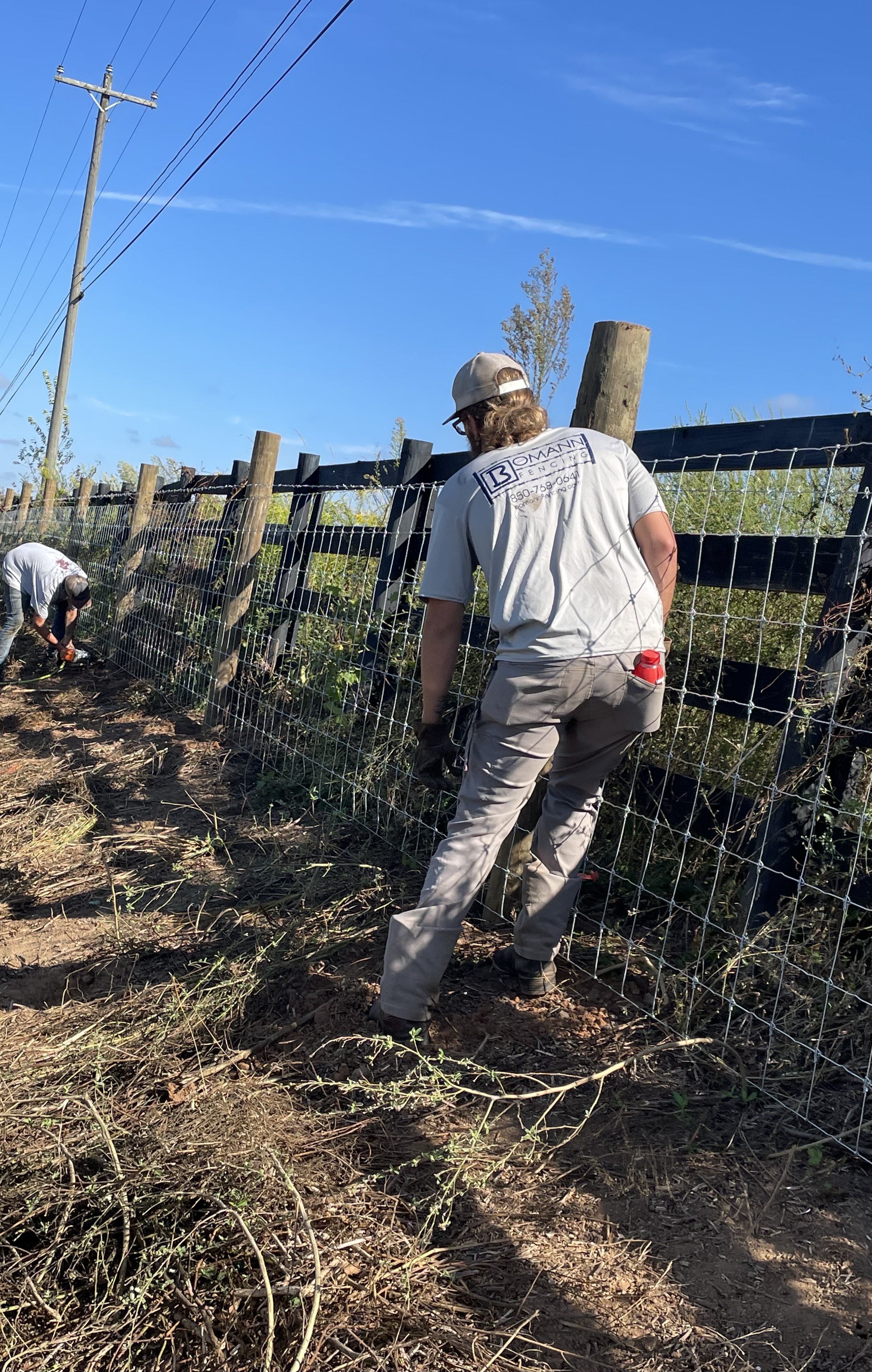
No Hidden Fees, No Surprises.
Over 50 Years Of Experience
We have been installing fences across Florida and Alabama for many years, encountering nearly every scenario imaginable. Our fences are built to last, with an average lifespan of a quarter of a century, ensuring durability and satisfaction.
Lowest Prices Per Linear Acre
Durable High Quality Materials
Experienced Team
Licensed & Insured | Workman's Comp
We Specialize In Large Projects | Over 2000 Ft
Our Barb Wire Fences are Built To Last
Our seasoned team of Experts can help your decide which material is best for the job. We specialize in:
Barb Wire Fences
Cattle Panel
Hog Wire Fences
Horse Fences
Wooden Fences
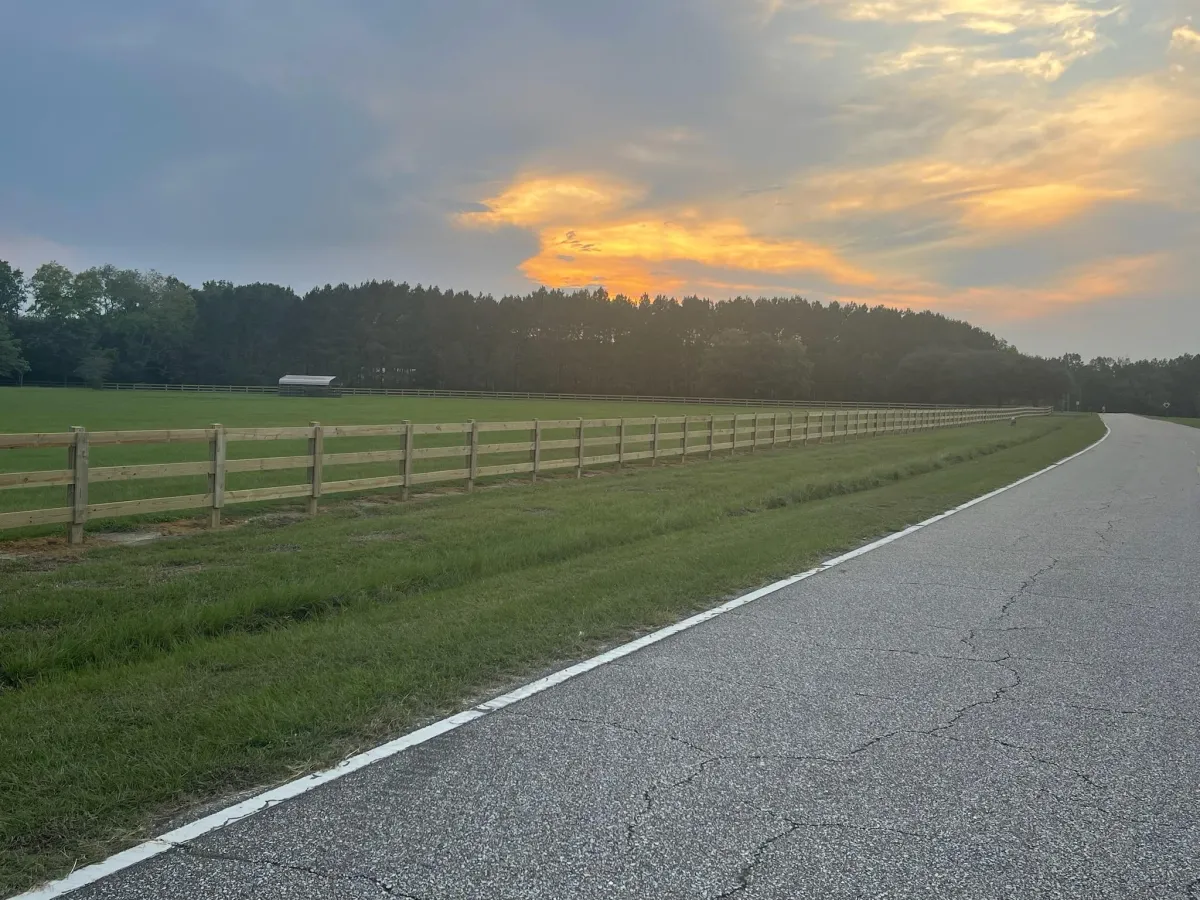
Book Your Agricultural Fence Installation Today
Get A 100% Free Estimate Today
We don't just build fences; we forge long-lasting relationships with our clients through competitive pricing, superior service, and a relentless commitment to satisfaction.
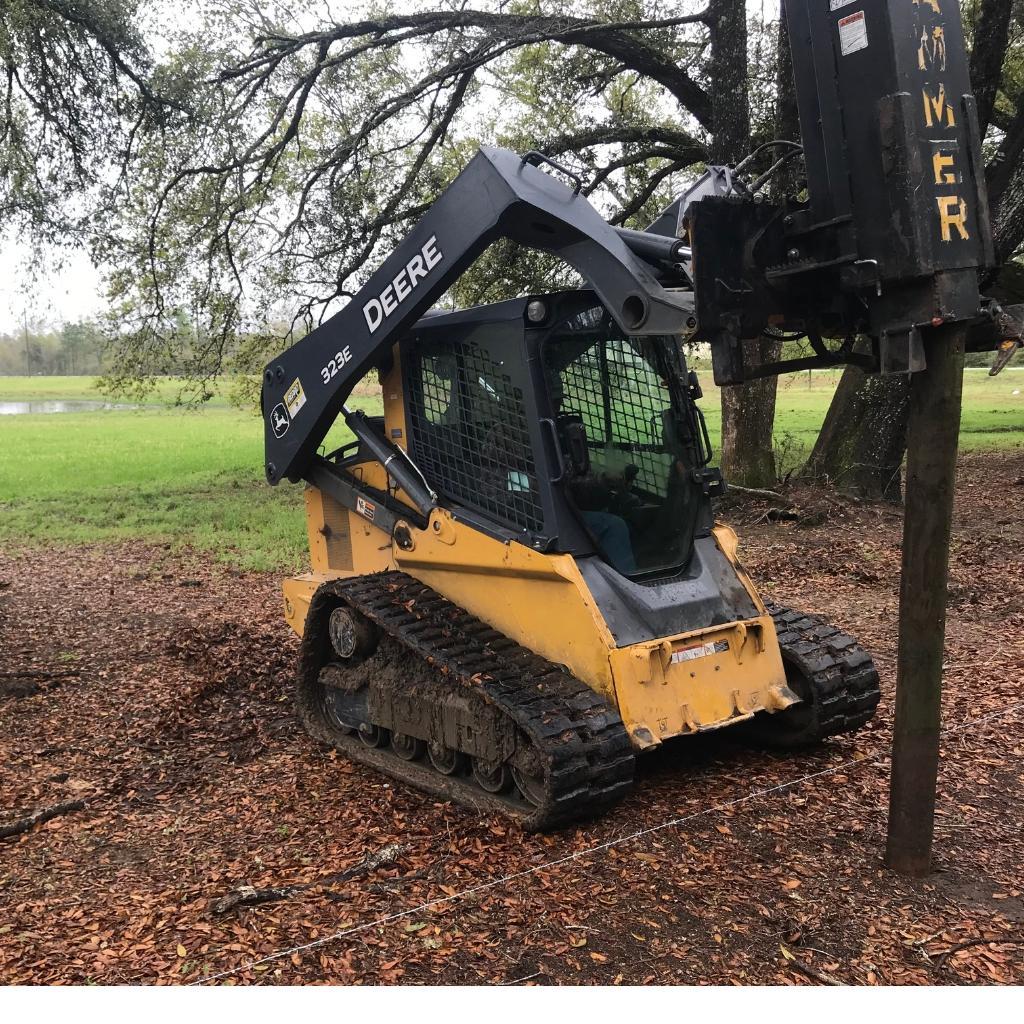
Locally Owned & Operated
Why Choose Bomann Fencing?

50 Years Of Experience
It's safe to say after 50 years of building fences in Alabama & Florida, we have learned a few things. Our Team has all the skills & knowledge to complete the job on time and on budget.
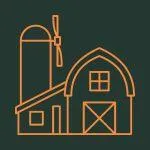
Agricultural Fencing Experts
Specializing solely in agricultural fencing, Bomann Fencing has a deep understanding of the unique needs of farmers and ranchers. This specialization allows us to provide tailored solutions that best fit the specific requirements of your farm or ranch.

Competitive Pricing
Bomann Fencing offers the most competitive rates in the industry for large-scale fencing projects. We leverage our extensive network of suppliers and efficient installation processes to provide cost-effective solutions without compromising on quality.

Community Focused
At Bomann Fencing, we believe in building not just fences, but also strong community relationships. We actively engage with local communities to understand their specific needs and contribute positively to their development.

Commercial Expertise
Bomann Fencing excels in commercial fencing installations, offering secure and aesthetic solutions that meet all industry standards. We ensure safety and compliance on every project with comprehensive worker's compensation and rigorous safety training for our team.

Great Customer Service
We blend big-city business practices with southern hospitality, ensuring every project is handled with professionalism and a personal touch. At Bomann Fencing, we build every fence as if it were for our own mother—ensuring care, quality, and dedication go into each installation.
Don't Just Take Our Word For it
Dale G.
I highly recommend Bomann Fencing to anyone needing fences installed. They were fast and easy to communicate with as well as the most professional group of people I’ve dealt with. They made sure the fences were just like we wanted them and were put up in a timely manner. The crew were top notch and very friendly as well. Don’t hesitate to give them your business.
Read More
Lindsey B.
I’m the Director and Licensee at Seacrest Wolf Preserve a 501(c)3 non profit located in Chipley Florida. During the early morning of 1/9/24 in some of the roughest weather in our area post Hurricane Michael, a very large tree crashed down into our fences. Once we were certain all the animals were safe and contained- we had to figure out a solution to our fence problem. The solution was Bomann Fencing!!!!...
Walden P.
Great to work with from getting estimate to completion of job. Patched existing fences, added almost 7500 ft of barb wire and 850 ft of 4 board fence. Crew was there everyday weather allowed. Completed in timely manner. Looks great.
Read More
Frequently Asked Questions
1. What is the best type of fence for containing cattle?
The best type of fence for containing cattle is typically barbed wire or wire fencing. Barbed wire is cost-effective and durable, making it a popular choice for large areas. Electric fencing can be equally effective, offering flexibility and ease of installation, as it provides a psychological barrier that teaches cattle to avoid the fence after initial contact.
2. How high should a fence be to safely contain horses?
A fence meant to contain horses should be at least 54 to 60 inches (about 4.5 to 5 feet) tall. This height prevents horses from jumping over the fence and minimizes the risk of them getting their legs caught if they attempt to clear the fence. Materials like wooden rails, PVC, or high-tensile wire are commonly used, with visibility being a key factor in choosing the right fencing material.
3. What are the advantages of using woven wire fencing for livestock?
Woven wire fencing is highly effective for a variety of livestock due to its durability and security features. It is designed to prevent animals from passing through or over the fence, with smaller mesh sizes available to contain smaller livestock such as sheep and goats. Woven wire is also beneficial in areas with predators, as it provides a robust barrier to protect the animals.
How often does wire fencing need maintenance or replacement?
Wire fencing should be inspected at least twice a year, ideally during spring and fall. Look for signs of damage such as broken wires, rust, or posts that are no longer firmly anchored. Maintenance tasks may include tightening loose wires, replacing damaged sections, and ensuring that the fence line is free of vegetation, which can cause wear and reduce visibility. Regular maintenance helps extend the life of the fence and ensures it remains effective and safe for containing livestock.
© 2024. All Rights Reserved. F1 Leads LLC
